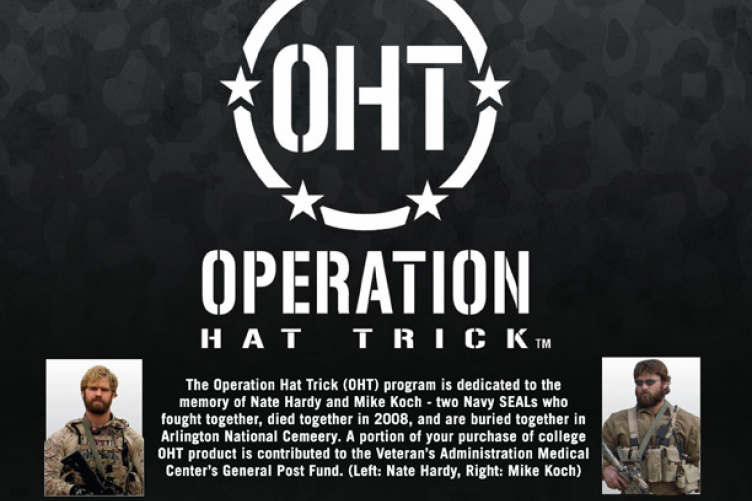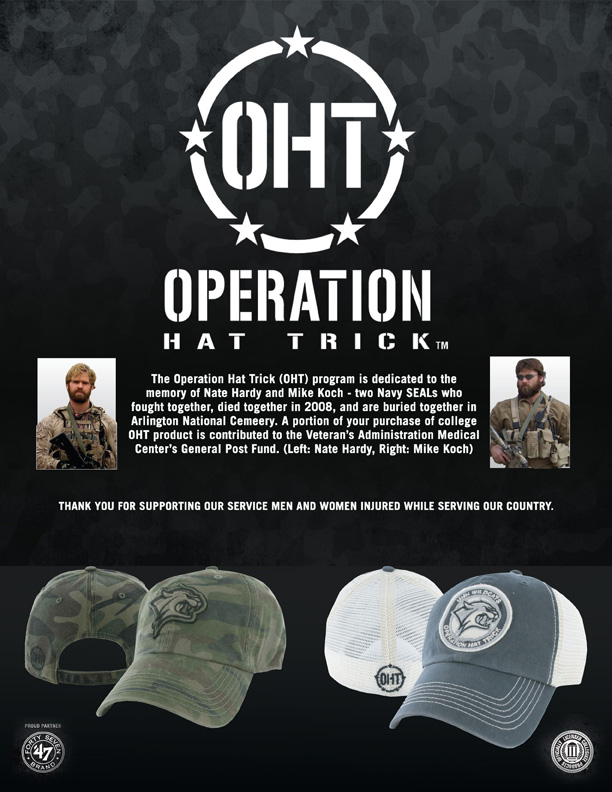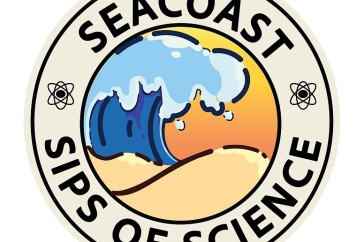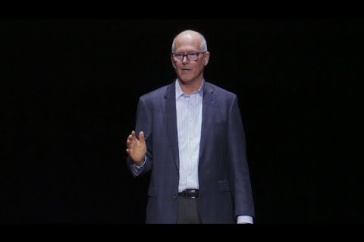
|
The Office for Research Partnerships and Commercialization (ORPC) recently celebrated the success of faculty and staff members whose research resulted in nine patents and 65 licenses during the last year. |
The University of New Hampshire Office for Research Partnerships and Commercialization (ORPC) recently celebrated the success of faculty and staff members whose research resulted in nine patents and 65 licenses in the last year, as well as honored the work of Athletics staff member Dot Sheehan, who received the university’s Innovator of the Year award.
“This is an incredible achievement for the university,” said ORPC Executive Director Marc Sedam. “When we say there were 65 licenses in 2013 alone that means a lot of companies started using UNH technology. The technology developed at UNH is making a difference; it’s being used to help keep jobs in the state.”
The goal of the ORPC is to promote and advance the use of UNH’s intellectual assets to improve the university’s academic standing and relevance, attract high quality faculty and students, engage the business community, create local well-paid jobs, and generate revenue. Just last year the office increased royalties by 27 percent and invention disclosures were up 36 percent.
“We are an impact oriented organization,” said Sedam. “Our numbers are up in every category this year. We more than tripled the number of disclosures, had three startup companies – two of which generated revenue – and doubled the number of patents filed.”
|
The poster from OHT that tells the story of Nate Hardy and Mike Koch. RELATED STORY >> |
In addition, Dot Sheehan, senior associate athletic director for external affairs, was awarded the university’s Innovator of the Year Award for her efforts to found and grow Operation Hat Trick. The program was born at UNH to memorialize Nate Hardy and Mike Koch, two U.S. Navy SEALs killed in Iraq in 2008. The original initiative was focused on producing collegiate caps that could be provided to soldiers that suffered head injuries after a radio broadcast revealed what soldiers with head injuries most often asked for upon their return to the United States was something to cover their heads and their burns, wounds, and scars.
This focus and the program’s roots in ice hockey country provided the inspiration for the Operation Hat Trick name. In 2012 it was launched as a nonprofit spinoff company and has already resulted in 300 licensees, including colleges and universities around the country, minor league baseball teams and just recently the Boston Bruins. For the next fiscal year sales are expected to generate $1 million to support wounded veterans around the country.
“This has grown beyond my wildest expectations,” Sheehan said.
Originally published by:
UNH Today
UNH Photographic Services
-
Written By:
Staff writer | Communications and Public Affairs





















































